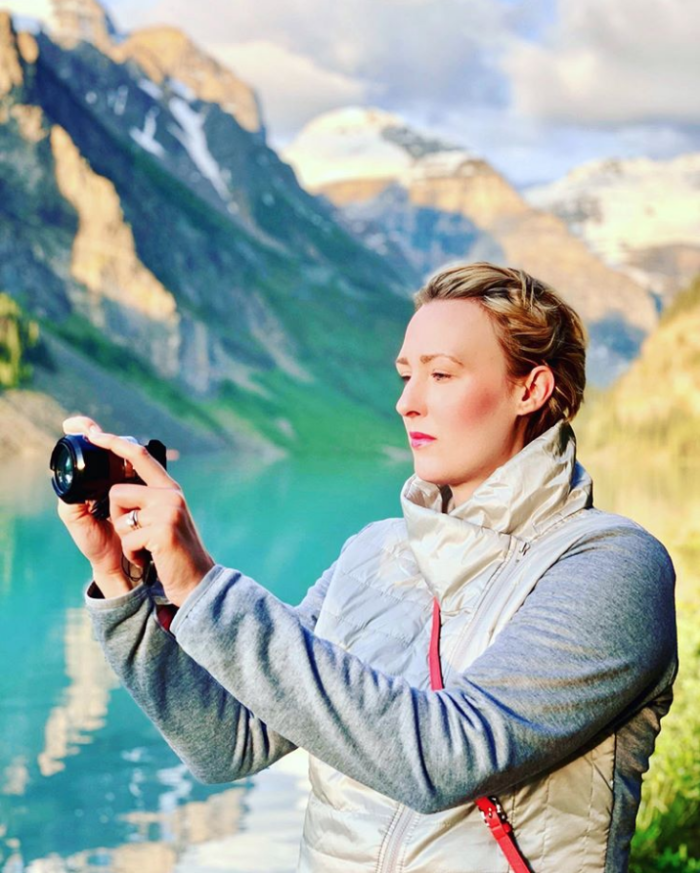
by Mina Manchester
Many things keep many people up at night. A window screen rattling in the wind can keep me up for hours worrying. However, the number one worry I have is that someone I love will get cancer. Even the word, cancer, literally strikes fear in my heart as I type it.
Caroline Crocker Moore has faced this fear. She has Stage IV triple positive metastatic breast cancer. She is 35 years old, married to an amazing man, Hudson, and raising two children—Blake (3) and Genevieve (19 months). And with her family, Caroline has raised almost $300,000 for the Breast Cancer Research Foundation.
We sat down to talk about the “c” word, family, and the importance of advocating for yourself.
Your cancer story begins so dramatically—you were six months pregnant with your daughter when you found out you had a tumor on your spine. How did your journey start?
In April of 2017, we moved to St. Louis for my husband Hudson’s job. Almost immediately after we moved, we found out we were pregnant with our second child. So, we found ourselves pregnant for the second time, with a one-year old at home, in a new city, with no family or friends around. This was the backdrop against which I got cancer.
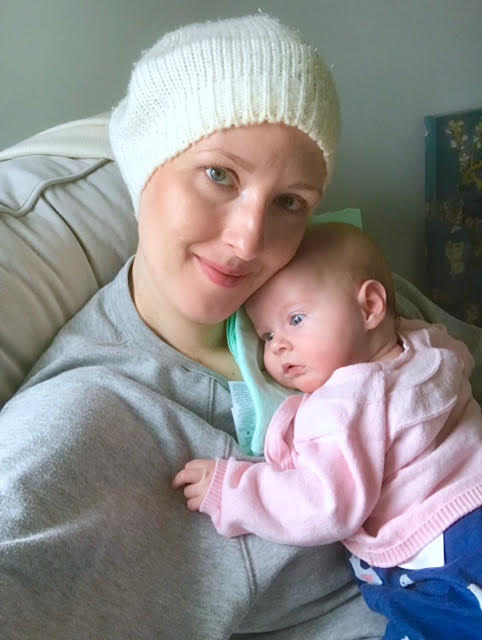
That is intense. How did you find out about the cancer?
The first month into my pregnancy, I started to have some pain I couldn’t explain. One day I sneezed and it felt like I dislocated a rib. Then I started to get low back pain. However, I have been an athlete my whole life, I have loose ligaments, and some old injuries, so I attributed it to that.
Then my back pain worsened. I went to doctors, chiropractors, physical therapists, you name it…and nobody could figure out what was happening. They just kept sending me in circles. When you’re pregnant, doctors are hesitant to give you any kind of tests, so I suffered in silence. We started to rationalize that it was “just a bad pregnancy.” It got to the point where the pain was so bad I could barely walk, and we had to use a babysitting service to care for our son while Hudson was at work.
By October, the pain was so bad that I couldn’t really walk. Finally I called my mom and told her I couldn’t handle it anymore. I think she heard my voice and knew immediately I wasn’t okay. She drove down to be with me. She called my obgyn and advocated for me to finally get me admitted to the hospital.
At the hospital they didn’t know where to put me, because I was six months pregnant and no one knew what was wrong. I was seen again by various doctors and specialists, but they didn’t find anything in their exams. I was about to be discharged when I lost the ability to walk. The nurses advocated for me and finally it was decided I should get an MRI even though I was pregnant and they had stayed away from any type of x-ray or scan up to that point. During the MRI, the tech spoke to me through the machine letting me know they needed to take a few more pictures and I knew instantly something was wrong.
Fifteen minutes later, a surgical team was assembled, as well as an emergency C-section team. They had found a malignant tumor on my spine, and I needed an emergency spinal-fusion surgery. My mom, who was in the hospital lobby walking my 18-month old son around, was located over the hospital’s intercom system and came in with Blake. Every single person in the room started tearing up.
As they started to put me under, I was told there was a chance I would never walk again. I didn’t know if I would still be pregnant when I woke up. I didn’t even know if I would wake up.
Caroline, I’m so sorry. What does it feel like to talk about it now, two years later?
I don’t like talking about it to be honest. It makes me feel bad these things happened to that version of me. I’m so sad for her. The only reason I do talk about it is because it seems to help other people. I have an Instagram account where I share my 365-day health journey and people tell me it helps them, or inspires them, and that makes me feel good. It also shows off my hair growth for the past year, which people also enjoy.
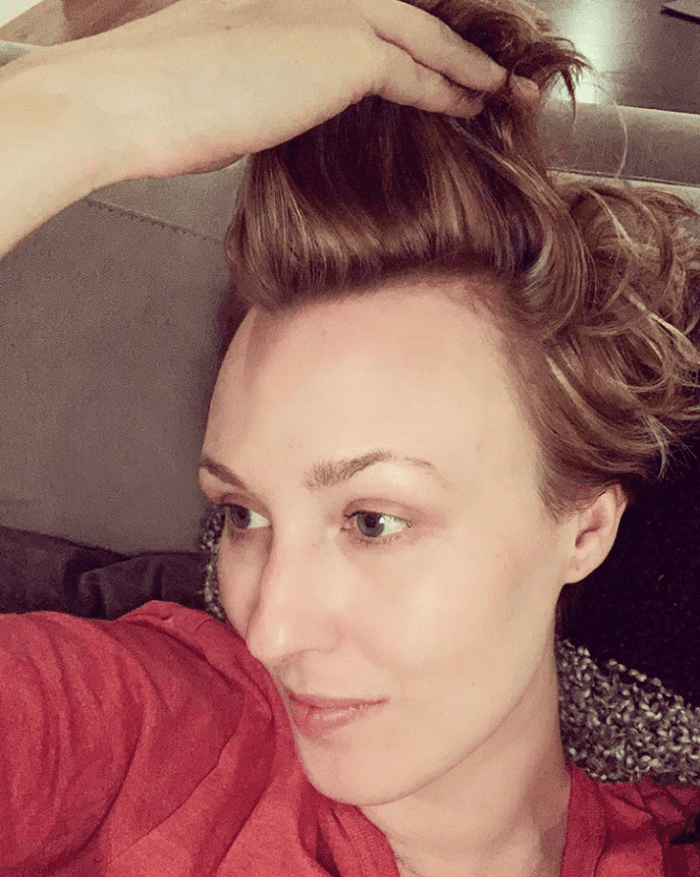
What was your recovery like after the surgery?
The recovery was pretty hard. Fortunately the surgical team was able to monitor our daughter in utero during the surgery. She was 28 weeks at the time of the surgery, so they had to make some hard choices about what was best for her, and for me.
There was one positive though, after three months of excruciating pain, after the surgery it was gone. My back hurt because it was healing, but it was a different type of pain—pain I was happy to deal with.
Post-surgery, all of the doctors came together and decided they would do a scheduled C-section at 31.5 weeks. So the next month was consumed by getting a port put into my chest, doing my first round of chemo, taking medicines to prepare Genevieve for life as a preemie in the NICU, and trying to recover from spinal surgery. The only thing that mattered after the C-section though was that our daughter came into the world and was healthy (and big … for a preemie!). I was so happy.
Hudson was my rock during this time. Despite working long days, he slept in my hospital room every night. He helped me get through it, as did my parents and in-laws, who dropped everything to be with us.
Did the surgery make it hard to do things like lift your kids?
At first everything was difficult. I had to re-learn how to walk in physical therapy, and I lost three inches of height! It’s so weird, everyone always asks me if my pants still fit, and I’m like, hello, it’s my back! So yes, all my pants still fit but not my shirts!
After the surgery I had to wear a huge back brace (like a plastic armor chestplate) for three months, so that I wouldn’t bend or twist. I couldn’t get out of bed until someone put the brace on me. It was incredibly humbling and frustrating to have to rely on family, friends and strangers to care for me. In my most intimate moments, like in the shower, having a stranger help me was hard. My parents moved in with us for almost six months to help us.
After you gave birth to your daughter, what was the next stage of treatment like?
I started radiation. Radiation is brief but specific. You do five days in a row, take the weekend off and then do another five days in a row for as many sessions as you are required. I had ten. Chemo comes after radiation because you are immunocompromised with chemo. Chemo is basically like giant chemical warfare all over your body. Every new cell is killed so that’s why you lose things like your hair and nails. My daughter and I started out bald together and we’ve been growing our hair out ever since she was born.
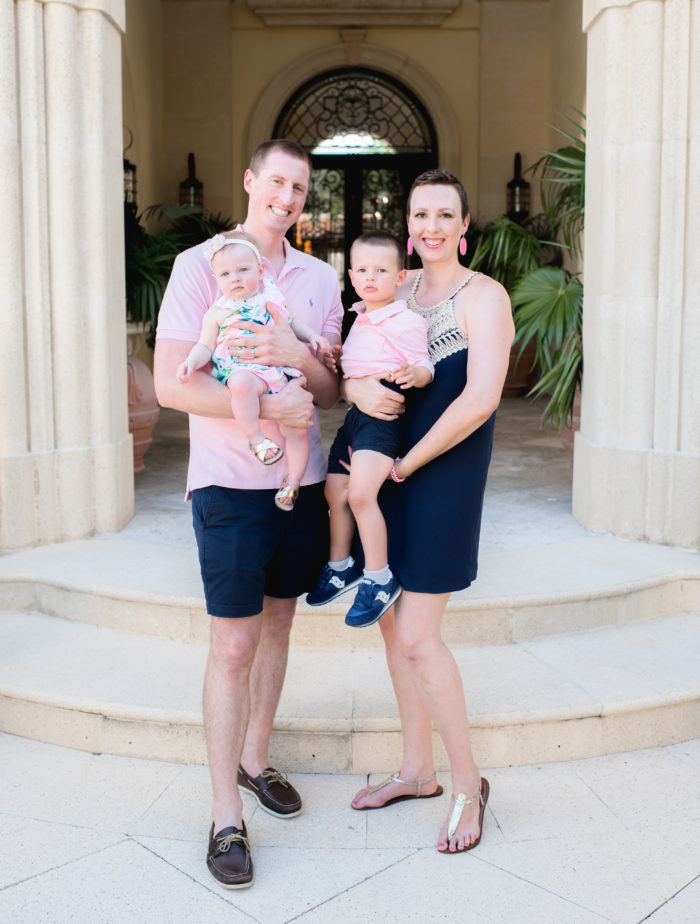
How’s your current treatment going?
The type of breast cancer I have is triple positive, which means there are three things that fuel it to replicate quickly: Her2, estrogen, and progesterone. So, pregnancy was like pouring fuel on the fire. It’s a more aggressive form of cancer. However, in the last five to ten years there have been many new treatments, and one is something called biological therapy. This treatment targets the cancer cell receptors that normally bind to Her2, but instead bind with the drug, killing just the cancer cells.
For now, my scans are clear and I will continue biological therapy treatment indefinitely. Every 12 weeks I go in for a CT scan, and if something shows up, we will address it depending on where it is.
How do you live with the fear of going in for a scan every three months?
I try to stay positive. People always tell me, wow, you’re so positive, and I say, of course, because I’m not in pain and right now the treatment is working. The other thing that helps is my kids are healthy. That’s the most important thing to me.
What else has come up for you during all of this?
One thing that is hard about all of this is that I’ve been put into early-onset menopause to stop my body’s production of estrogen and progesterone, which means I can’t have any more kids. I am grateful for our son and daughter, and I’m not sure what decision we would have made regarding having more children, but what’s tough is that I wasn’t able to make that decision.
The other thing that really bothers me is when our daughter was born I wasn’t allowed to nurse her because I was on radiation and chemo. While I sat alone in a hospital bed, my daughter was in the NICU and I couldn’t feed her. It was devastating.
Have you made friends with other cancer patients?
Something I think is misunderstood about cancer is that it’s a very individual disease. Cancer affects everyone differently and each treatment plan is different. So for me, I try to share my journey on Instagram, and remain positive, and put my efforts into fundraising for research and trying to stay as healthy as possible. It hasn’t really been my way to identify and connect with other patients specifically. It’s interesting though, I don’t think I would have known that would be my response until I was in this situation. Everyone is different and deals with this disease in his or her own way.
What are the medical costs like? How do you afford it?
We are very fortunate to have health insurance through my husband’s job. We do our budgeting based on paying the full annual out-of-pocket max. This year we hit that on January 4th.
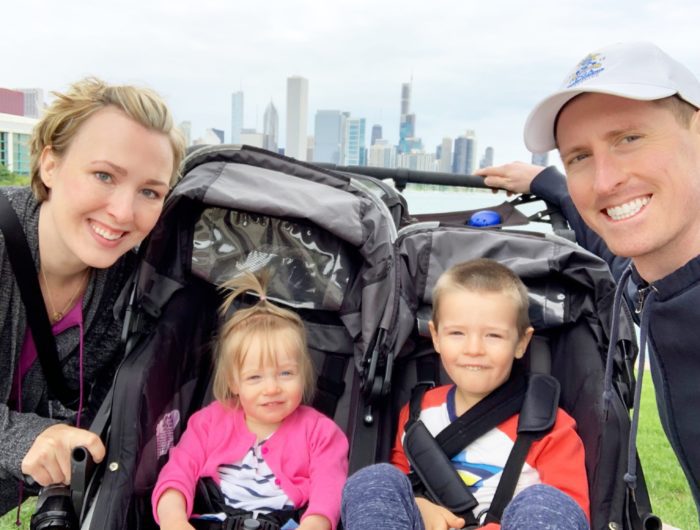
What is your goal in terms of advocacy?
Right now a lot of research funding goes into early detection, which is awesome. However, my family wants to fund research for metastatic breast cancer because it is under-funded. My mother-in-law has been instrumental in researching and working with the Breast Cancer Research Foundation, which is an A-ranked nonprofit focused on breast cancer. They have been so kind to us. For me, the biggest thing is trying to make cancer something that may be chronic, but which won’t kill you. Figuring out why cancer cells become resistant to drugs is key to that.
Beyond fundraising, I want to share my story because this kind of cancer is not genetic, and because I don’t want other women to go without diagnosis due to being pregnant—after all, that’s why my case wasn’t detected earlier (pregnancy was the ultimate disguise for the disease). I want others to know this can happen, and how important it is to advocate for yourself. A lot of doctors were telling me there was nothing wrong, that it was probably just a tough pregnancy, but I knew something was wrong. My mom was the one who really understood me and advocated for me and I am forever grateful. I hope that sharing the details of my story might help someone else.
One last thing, on an unrelated note, I wish the entertainment industry would come up with a trigger warning for content. I don’t like putting restrictions on things, but often when Hudson and I are relaxing at the end of the day, a show or movie will feature a cancer story and it’s just too much. We live it everyday and don’t want to be reminded of it all the time!
What advice would you have for the person whose friend gets a similar diagnosis?
If you have a friend with cancer, show up for them. Be there when they go to the doctor, take notes, and help them stand up for themselves. It’s hard to advocate for yourself, so advocate for them.
Also know that the hardest part of living with cancer is returning to normal life. At first people give you a lot of leeway, and then as time goes on, people forget you have Stage IV cancer. While I don’t want to be treated with pity, it’s important to get support from whomever can support you—whether that’s friends or other people who have been through it and can give you ideas on what worked for them.
What were the most helpful things your support network provided?
I got a lot of cards, and I saved them all. It’s really nice to know how many people are thinking about you when you’re in a scary situation. Visits were also helpful, during treatment days, and also just to hang out and have quality time. My sister-in-law has also came down multiple times to go to treatment with me. My best friend comes and visits often and that is huge for me.
Overall though just remember the disease is individual and so is what is going to help the person. Best rule of thumb is simply to ask.
What keeps you up at night?
The future unknowns. I try not to look at other people who have the same cancer I have, because their story is not my story. What worries me is if something happens to Hudson, that would leave our children with one possibly terminal parent. I also worry about how this is affecting our kids, so we’re looking into different ways we can support them through this.
Any thoughts you’d like to add?
I think it’s so important to focus on the positive, and on the things you can control. I’m a big believer that the mind and body need to be connected to be your best self. I’m trying to focus on that for myself. Research and funding research is absolutely critical. That combined with advocacy, support, and state of the art treatment is foundational to making cancer something we can live with indefinitely, and I’m hopeful I’ll be thriving far into the future.
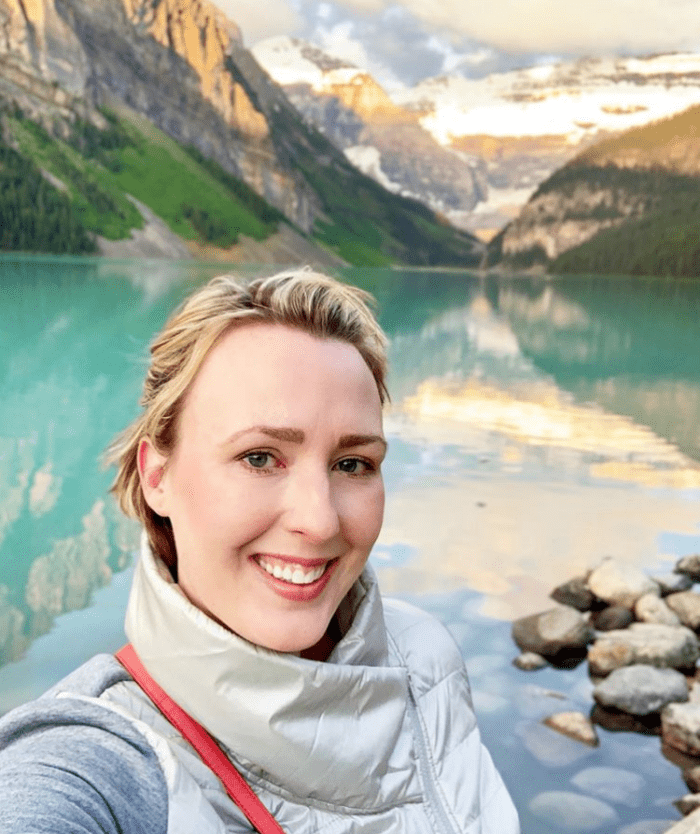
Thank you so much, Caroline. We are too.
P.S. More interviews in this series, What Keeps You Up at Night?
If you would like to donate to fund Breast Cancer Research, visit BCRF.org or Caroline’s specific fundraising page. She also donates 20% of the proceeds from her Fine Art photography, Art Forever Moore, to the BCRF fund.
Interview and series by Mina Manchester. Mina Manchester has worked in PR for eleven years, and writes fiction. Her short story was published in The Normal School this summer, and she in the process of revising her first novel. She lives in Los Angeles with her husband and two children.


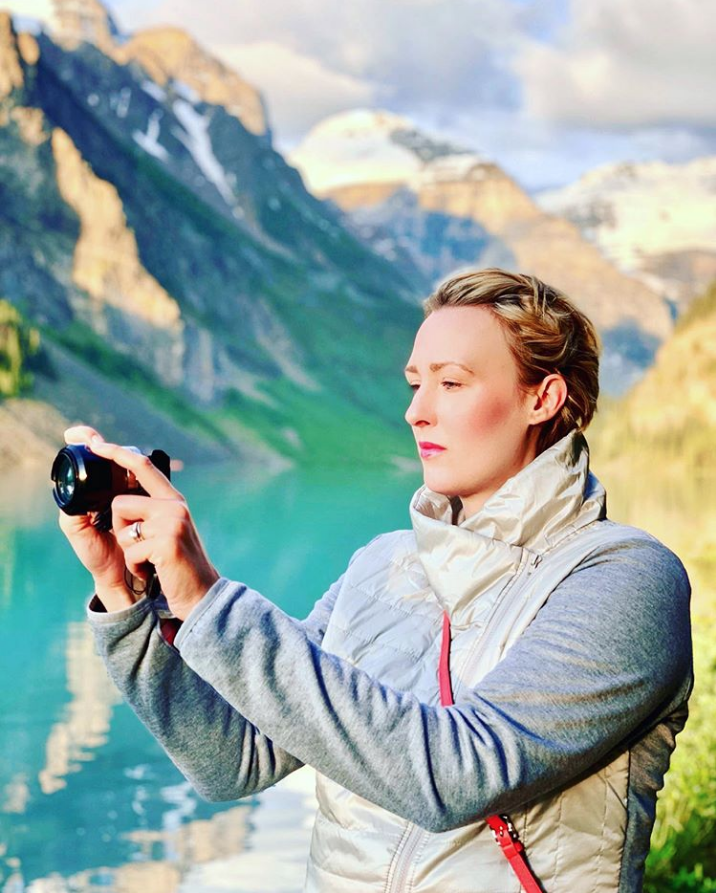




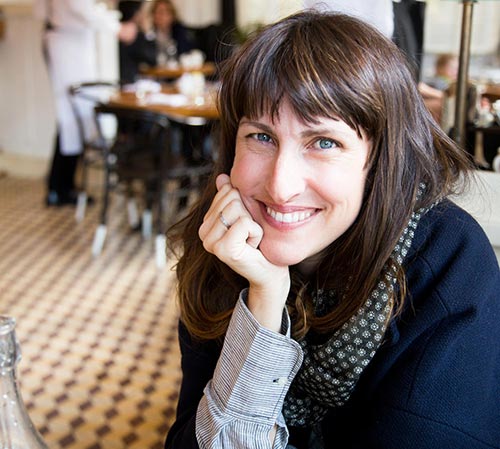


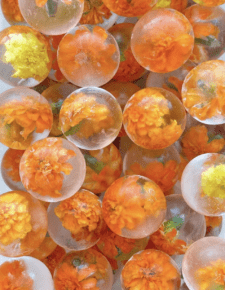

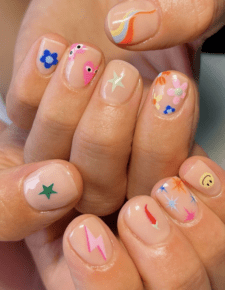



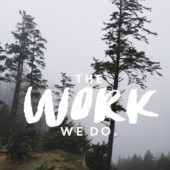
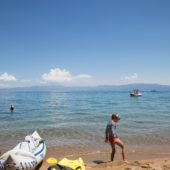
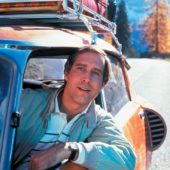

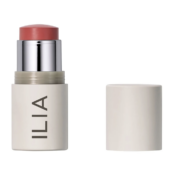




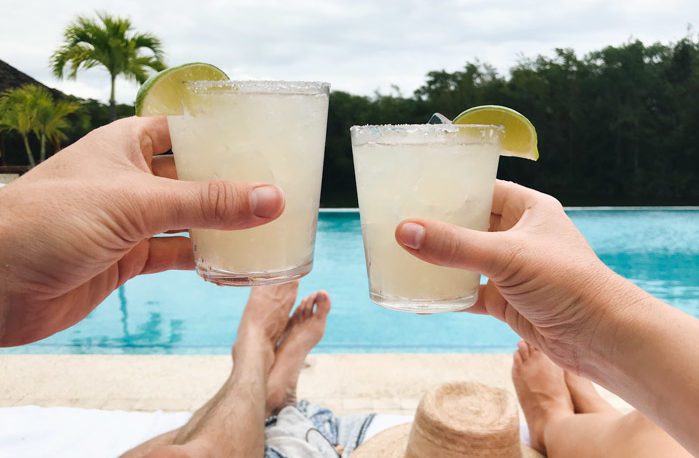


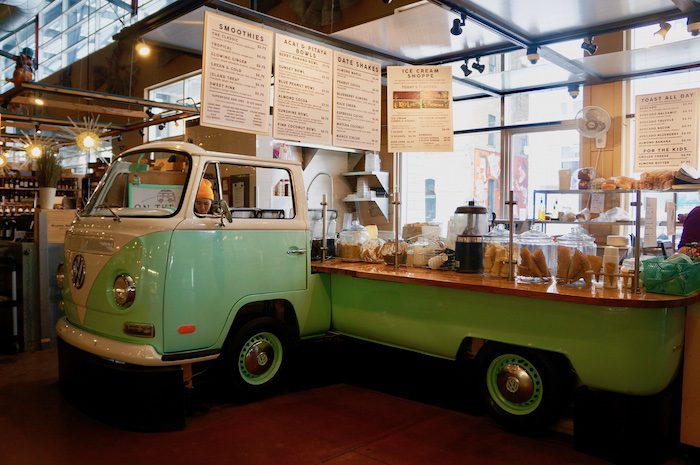
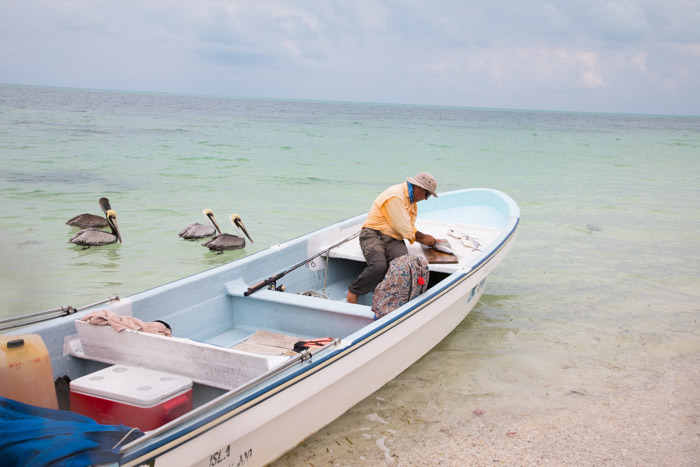
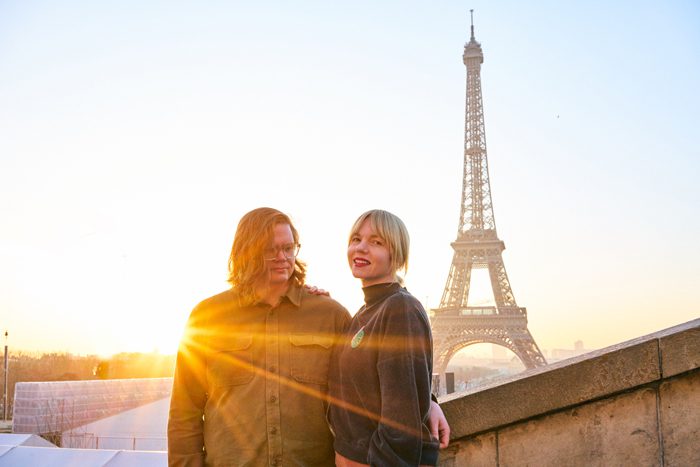
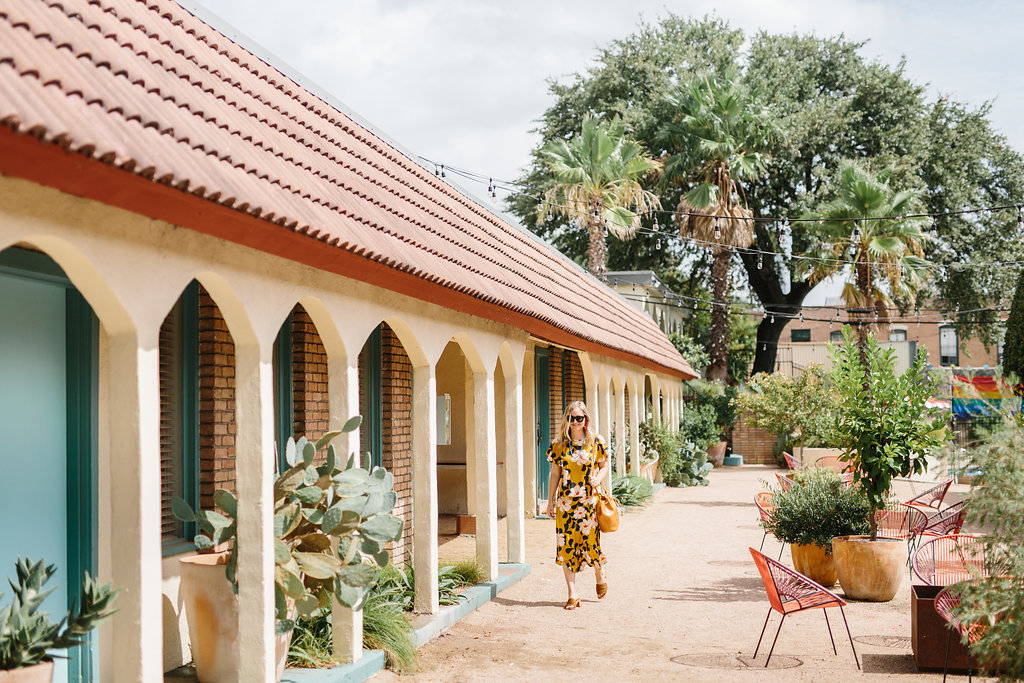
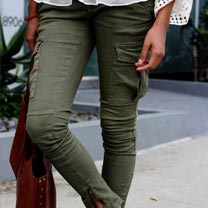

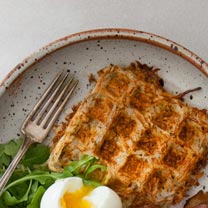



3 Comments